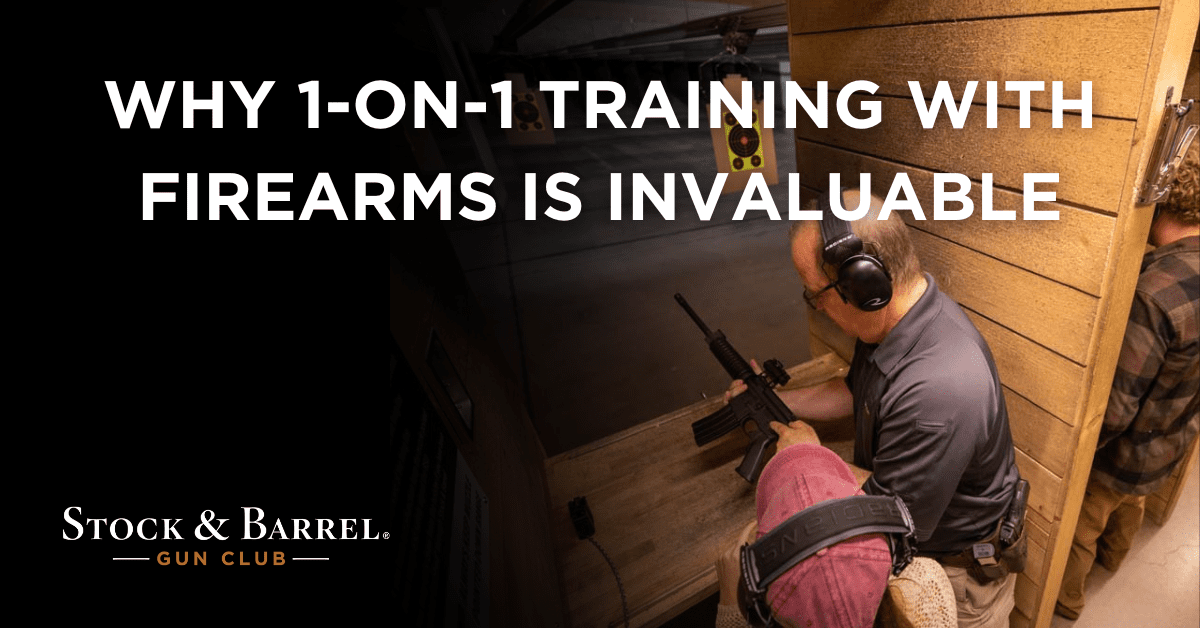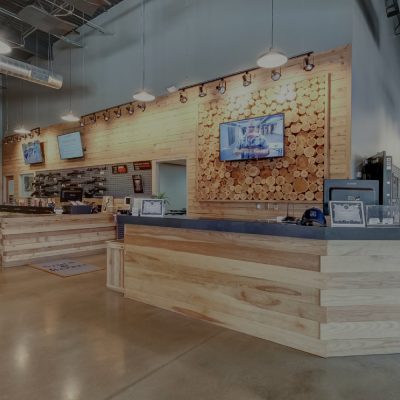For as long as humans have existed, we have been driven to learn and grow collectively and individually. This is particularly true in the pursuit of an art or a martial discipline. The parallels between music and shooting might not be immediately apparent, but the connections between both are strikingly similar and undeniable. Those who have pursued a sport or musical talent on a high level seem to pick up shooting like it was their second great love. Here, we’ll delve into the question of why these parallels are common, as well as how your favorite pastime can inspire personal growth and deepen your enjoyment of shooting.
For centuries, humans have built keen senses to keep us alive. Fundamentally while these senses are dulled in the concrete jungle, some of them are quite sharp. Think back to the last time you were driving and found yourself, through no fault of your own, in a near collision with another vehicle. You might recall a few things vividly after narrowly avoiding the imminent disaster. How many of those memories are tied to vision? We as a society have taken what was a keen survival instinct regarding vision and built upon it. Whether it’s driving, keeping an eye on your children, reading, or working on a computer, our eyes are capable of absorbing a remarkable amount of information. Professor of Neurobiology & Ophthalmology at Stanford Andrew Huberman, Ph.D. has done extensive work on how our eyes perceive photons of light and the brain then converts that input into “sight”. In his Podcast of Huberman Lab from June 14, 2021 Professor Huberman goes into detail on how to use eyesight to improve levels of alertness and how vision is critical to long-term brain health. Simply put, your ability to see well has direct correlations to preventing neurodegenerative disorders. This understanding can enlighten you about the potential of your vision in shooting and other daily activities, making you more aware of your capabilities.
Taking these factors into account, many consider shooting to be a physical discipline. On a certain level, they are correct. Yet when we dial back the difficulty of shooting by introducing something like a .22 caliber firearm which has greatly reduced recoil, some of the key points in success or failure in shooting manifest. At a certain point, shooting is all visual. What you see determines your actions. If you see a clear sight picture that communicates to your brain that it’s now appropriate to press the trigger in a consistent pattern, or not to press the trigger. One of our most significant challenges is how to “see” externally how your vision impacts your actions. You perceive the world through your own eyes, so there’s precious little you can do on your own to see your actions. This is where a coach, a teacher, and a trainer become vital. Whether it’s shooting, playing the violin, or throwing a baseball, until you can feel the right way to do something, having someone externally give you corrections will dramatically improve your performance, enlightening you to the power of external feedback in skill improvement.
So, how does vision in other pursuits translate over to shooting? What do you do well in your daily life that could help you become a better shooter through vision? The key isn’t solely with vision; it’s the visual process. Going back to Dr. Huberman’s findings, through years of research, one of his fundamental conclusions is that your eyesight helps determine your breathing and mood. Think back to something as simple as enjoying time with your family in an open space. Are you hyper-focused on a single person or object? Or rather, is your vision wider, seeing a wide variety, almost panoramic? Recalling this moment, how do you feel? You likely feel a sense of peace and calm. That’s a byproduct of seeing everything around you and being comfortable with that input. Now think of that near car accident from earlier. It’s likely you were powerfully focused in a narrow visual field. How did you feel after the near miss? Likely stressed with an elevated heart rate and possibly an adrenaline spike.
Where this becomes interesting is in talking to a high-level shooter. Our discipline requires a strong understanding of the visual process and everything that goes with it. Breathing, heart rate control, muscle relaxation, stance, and balance are all things that we constantly train for to the point of unconscious competence. We achieve that, however, through practice and, most importantly, competition with the feedback of our peers. Like any sport, introducing a competent instructor is the best way to accelerate that learning process, providing you with the reassurance and support you need to succeed.
The best thing you can do to become a better shooter is to admit that your visual process needs guidance. Because we’re naturally unable to see ourselves from a 3rd person perspective, the advice of a trained professional will give you confidence in your capabilities. You’ll work through fears, physical challenges, and competence years ahead of where you would be if you chose to take it all on yourself. The same is true whether playing an instrument or learning a craft. An extra set of hands, or in the case of shooting specifically, a trained set of eyes, will enable you to see success on a level you might never see on a solo journey.
Stock & Barrel has trained thousands of shooters over the years with excellent results. Their talented and skilled staff are at your disposal to introduce you to a new visual process and help you work through a myriad of challenges you would have to face otherwise. While group classes can help save money, in the long term, the time you’re spending will be far better utilized with one-on-one instruction. That way, you are given the necessary tools for your chosen weapon and circumstances. Are you looking to become a competent pistol shooter or to hit targets thousands of yards away? While there are parallels between the two, significant differences require a gifted instructor’s approach. The best thing you can do, is to invest in yourself with private instruction.
OTHER BLOGS YOU WILL FIND OF INTEREST:
CLASSES YOU MAY BE INTERESTED IN:
- Close Quarters Shooting in Chanhassen or Eagan
- Low Light/No Light Shooting in Chanhassen or Eagan
- Competition Shooting Skills in Chanhassen





